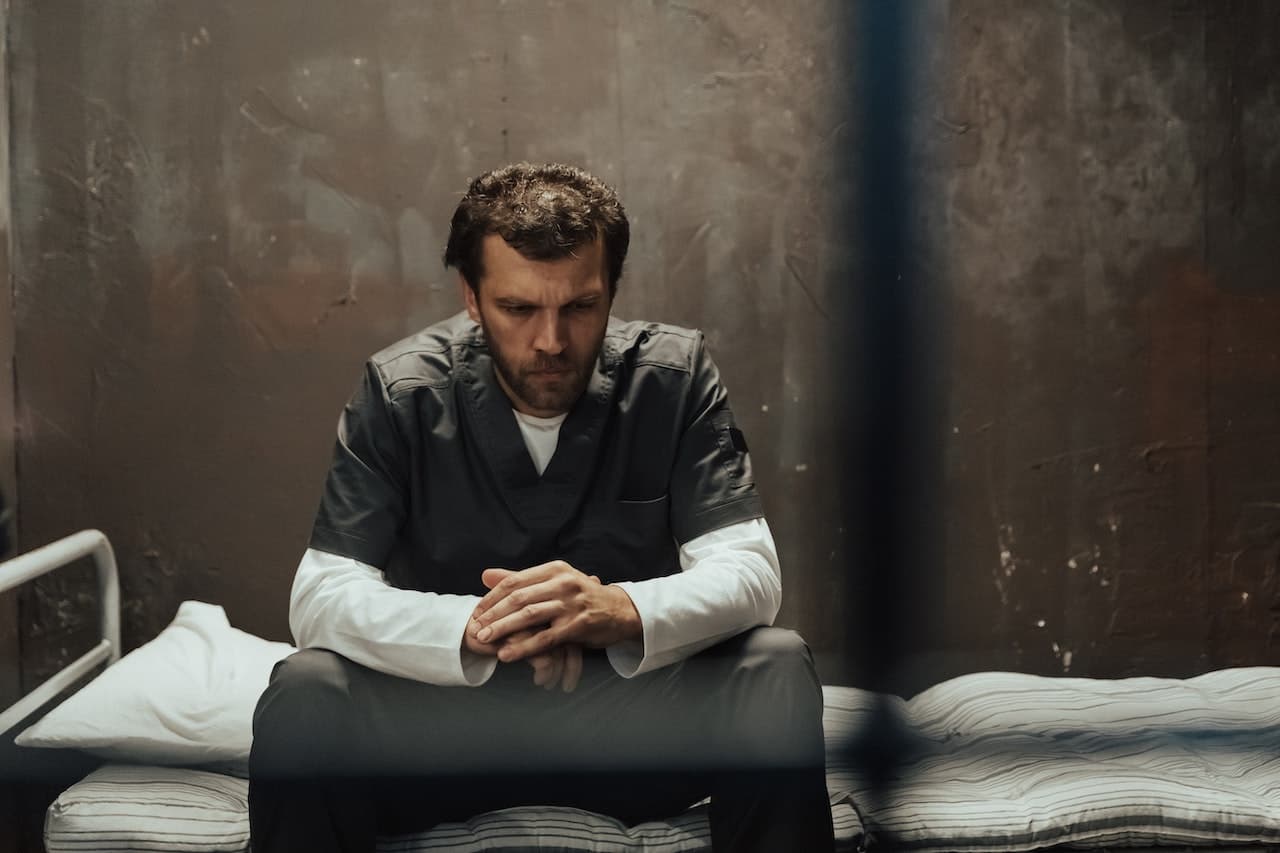
The Role of Forensic Psychology in Assessing Competency to Stand Trial
In the intricate world of the justice system, understanding a defendant’s psychological state is pivotal. The fascinating field of forensic psychology delves into this issue, and at its heart lies the question of competency—whether a person can meaningfully participate in their own defense. It’s here that Dr. Jason Holland, a seasoned clinical psychologist, offers his expertise in conducting competency to stand trial assessments and evaluating the mental state of a defendant at the time a crime was committed.
Understanding Competency to Stand Trial
When we speak about competency in the courtroom, we’re not referring to one’s sanity or guilt. Instead, we’re addressing a defendant’s present ability to understand the nature of the proceedings against them and to assist in their own defense. This understanding, termed as mental fitness to stand trial, is a constitutional right. Every individual, regardless of their psychological state, is entitled to a fair trial. But what happens if someone is deemed incompetent? Their trial is postponed until they’re deemed competent, often with treatment to ensure that justice is both served and understood.
Criteria for Assessing Competency
Central to this is the Dusky Standard, which defines competency as a defendant’s capacity to comprehend the proceedings against them and collaborate with their attorney in mounting a defense. When performing a competency to stand trial assessment, forensic psychologists evaluate:
- Factual Understanding: Recognizing the role of the judge, jury, prosecutor, and defense attorney, and understanding the charges and potential penalties.
- Rational Understanding: Grasping the court proceedings, including pleas, trial processes, and consequences.
- Consultative Abilities: Effectively collaborating with their attorney by providing relevant information, planning legal strategies, and making decisions about the proceedings.
The Role of a Forensic Psychologist
Forensic psychology isn’t solely about understanding the human mind; it’s about interweaving this understanding into the tapestry of the legal system. Professionals like Dr. Holland work closely with attorneys, offering insights and, when needed, taking the stand as a criminal defense psychological expert. These evaluations are approached with rigorous ethical standards to maintain objectivity and fairness.
Competency to Stand Trial Assessment
Embarking on a competency to stand trial assessment is systematic. It starts with an initial consultation to grasp the specifics of the case. This is followed by clinical interviews, where the defendant’s behavior and statements are observed closely. Validated psychological tests assess cognitive function, clinical symptoms, and any signs of malingering. Comprehensive reviews of relevant medical and psychiatric records further illuminate the individual’s state. All of this evidence is then integrated into a coherent report detailing the findings and recommendations derived from the evaluation.
Conclusion
Competency evaluations ensure that the wheels of justice turn fairly for everyone. In instances where there’s uncertainty about a defendant’s mental fitness to stand trial, a seasoned psychologist like Dr. Holland becomes an indispensable ally, either as a criminal defense psychological expert or to offer a second opinion for the other side. For those navigating these challenging waters, remember—you’re not alone. If you’re in need of competency to stand trial evaluation services, reach out to Dr. Holland today. Call at 615-442-6229 or fill out the Contact Us form on the website to get the process started.


